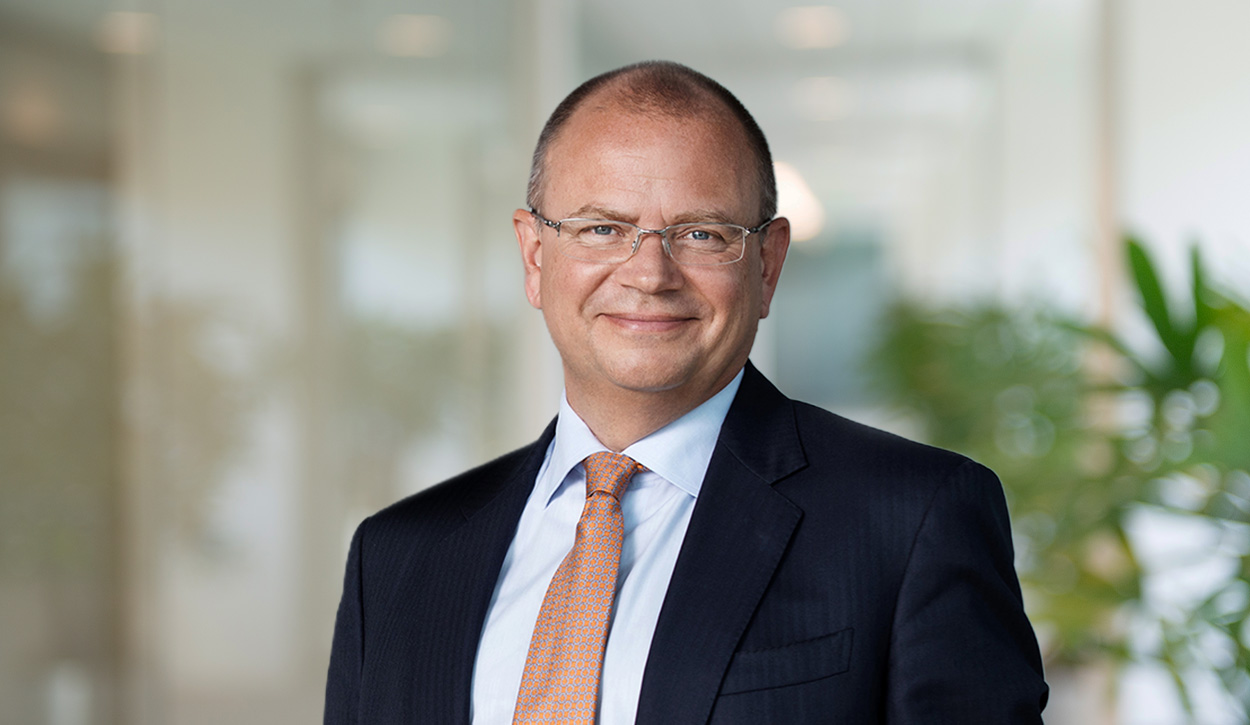Feeding the flames: the revolution of corporate strategy

During the pandemic, countries have made different choices that have and will continue to have different consequences on their industries and the health of their populations, as Patrick Reinmoeller, Professor of Strategy and Innovation at IMD, explores in this webinar which appeared live on Monday 4th May at 11am CEST.
We are left wondering how companies can move forward, and how they can come out of this burning fire in the best condition possible.
Let’s not forget that we aren’t all starting from the same point, and that’s also been enormously influenced by the fact that globalization didn’t have the same effect across the planet. This is one in the set of “flames of change” that have been burning already, and that are explored by Professor Patrick Reinmoeller.
COVID’s most immediate “gift”, if we can call it that despite the grief and suffering around us, is that is has helped us to change things faster, and these changes are set to become the stuff of revolutions.
The directions to be taken remain to be seen. But the seeds of change are many: telemedicine has been embraced, like in New York and Hong Kong; unemployment in the US from COVID has accelerated change; and in Switzerland, a digital signature on legal documents has gone from a no-no to a no-brainer.
With companies being forced to reinvent and test their corporate assumptions, more questions are currently being asked than can be answered. These range from “What do we do with our obsolete office space and strategies?” to “Is commuting an inherent part of work?”
The cause of these questions is an overhaul of the status quo in which yesterday’s strengths are losing their lustre in today’s context, and once-accessible markets are seeming cut off. Professor Reinmoeller sums it up as “What was coming is here, and what was core may now be irrelevant.”
During the webinar, Professor Reinmoeller fields participant questions such as “Is this a black swan?” and “Is this the new normal?” With the number of daily cases unfortunately stabilising, it seems so.
So, where to turn in such uncertain times? An either/or approach is no longer appropriate. It’s time to test and to test more than one idea. This is the “strategic freedom” that comes from crisis, we are told: the license to experiment – safely – across cultures, stakeholders and structures.
Originality might come from employees pulling together, and from innovation initiatives. But it could equally be the fruit of new synergies to and vehicles (think M&A, corporate venturing and so on).
Is now a time to turn to benchmarking? Professor Reinmoeller says, “There are many positive things that can be said about benchmarking. But if benchmarking is looking at what others are doing then it may not really help you when you are all facing an unprecedented change in the environment.”
Here’s the irony to today’s environment: both centralisation and decentralisation are possible in a way that they never have been before, Professor Reinmoeller signals. “We can no long depend on command and control in vertical hierarchies.”
If there is one take-home rule it is that we need to move in the direction of fluid structures, and autonomous ways of letting strategies emerge. There should be a shared purpose but shouldn’t let ourselves become too comfortable – collaboration needs a healthy dose of competition to thrive.
To view all webinars, please visit our Leading in Turbulent Times page here.
Research Information & Knowledge Hub for additional information on IMD publications
In late 2023, when the management team at the consumer packaged goods company Reckitt considered adopting gen AI, potential use cases spanned the business—from drafting presentations to delivering customer support to optimizing procurement contrac...
European innovation can be a force for resilience, transformation and global leadership. And yet it is often overlooked due to the geographical bloc’s fragmented markets, risk-averse culture, regulatory complexity and limited access to growth capi...
The case examines how DNB Bank, Norway's largest financial services company, reshaped its growth strategy by focusing on startups and SMEs, a segment traditionally considered unprofitable. In 2013, DNB launched a bold SME strategy, deliberately ch...
The case looks at the fundamental challenges, tensions and opportunities associated with an internally run venture as opposed to an externally funded startup or spin-off company. It discusses the genesis and context of Kontor, an internal venture...
This case series explores what companies can learn from luxury brands without becoming luxury brands themselves. The video B case features interviews with three Vanzetti Engineering executives: the marketing director, the CEO and owner and the chi...
in Harvard Business Review November-December 2025
Research Information & Knowledge Hub for additional information on IMD publications
in I by IMD
Research Information & Knowledge Hub for additional information on IMD publications
Research Information & Knowledge Hub for additional information on IMD publications
Research Information & Knowledge Hub for additional information on IMD publications
Research Information & Knowledge Hub for additional information on IMD publications
Research Information & Knowledge Hub for additional information on IMD publications
in I by IMD
Research Information & Knowledge Hub for additional information on IMD publications
Research Information & Knowledge Hub for additional information on IMD publications
Research Information & Knowledge Hub for additional information on IMD publications
Research Information & Knowledge Hub for additional information on IMD publications







